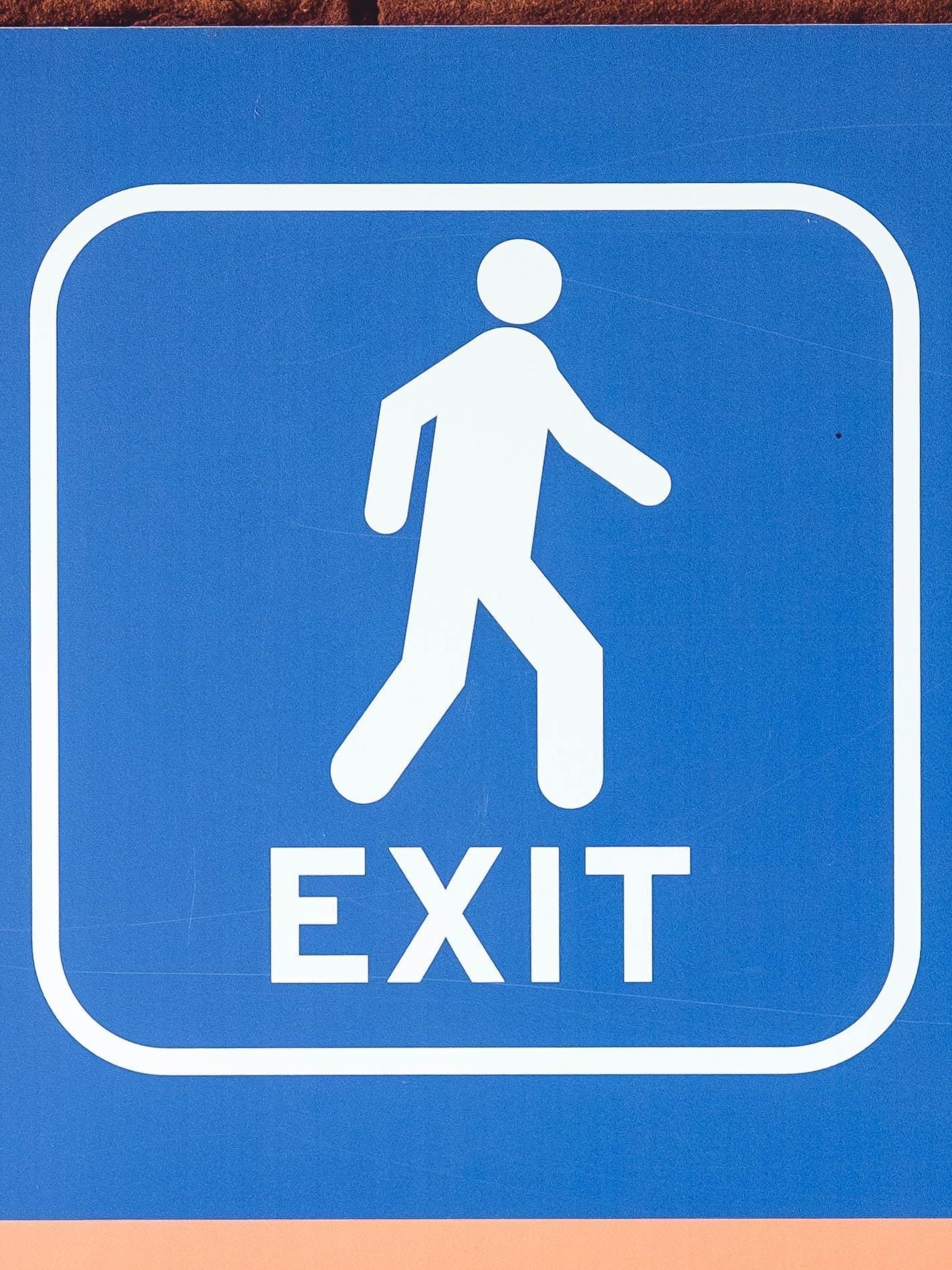
Respect boundaries.
One of the most important ways we can all avoid abusing someone, consciously or not, is to understand what personal boundaries are and how to respect them in ourselves and others. Our bodies, emotions, thoughts, money, and possessions are our own. In fact, disrespect entails tampering with any of these things without the consent of the person, whether intentionally or not.
To prevent unintentionally crossing someone's boundaries, have conversations about physical boundaries in social situations, especially when physical play will be involved (sports, riding roller coasters, dancing...). That can look like a short, simple question: "Are you okay with me patting you on the butt after a good play?" We should ALL feel comfortable answering "no" to such a question. If you don't, it's time to examine your self worth and/or the health of this relationship.
To respect boundaries, we each have to be aware of our bodies and minds and decide where our boundaries are. If scenario 2 below ends with the less powerful partner saying "I don't care," and the more powerful person starts kissing her, she may decide that she does NOT want to make out in public during the kiss. Worse, she may think that because she's already said "I don't care," that she can't change her mind. This brings us to #7, understanding consent. In sum, YOU CAN ALWAYS CHANGE YOUR MIND ABOUT BOUNDARIES. If someone makes you feel guilty or weak for doing so, you may be in an abusive relationship.
Healthy Boundary Scenarios:
- In a summer camp group of 5th graders playing with water guns on the playground, the teacher may say something like: "Everyone decide on your personal boundaries for water gun shots. I'm going to say that the face is off-limits for everyone. What other boundaries should we set?" Some kids may say they're uncomfortable with getting their clothes wet. Others may worry about their ears. Whatever concerns come up, it's the teacher's job (as the one with the most power) to validate every kid's boundaries. Even if the group discussion leads to an agreement on boundaries, kids should always be given the option to "pass" on an activity without any consequences.
- Two teens are dating and one is physically much larger and stronger than the other. The more powerful one wants to make out at the public park. Before acting on her desire, the more powerful one asks whether her partner would be comfortable with that. The smaller lover is then allowed to make the final decision with no consequences, physical or emotional.
- An older man approaches a teen girl during a concert & flirts. She says she has a boyfriend. The man leaves & returns with a drink he says he bought for her. At this point, the teen girl is in a position to assert her boundaries before the violations escalate. By virtue of his age and size, the older man has more power than the teen girl, who can simply say: "I don't take drinks from strangers." and walk away to seek safety in a group of trusted friends.
Want to know more? Read:
"What are Personal Boundaries? How Do I Get Some?", PsychCentral, 2016








